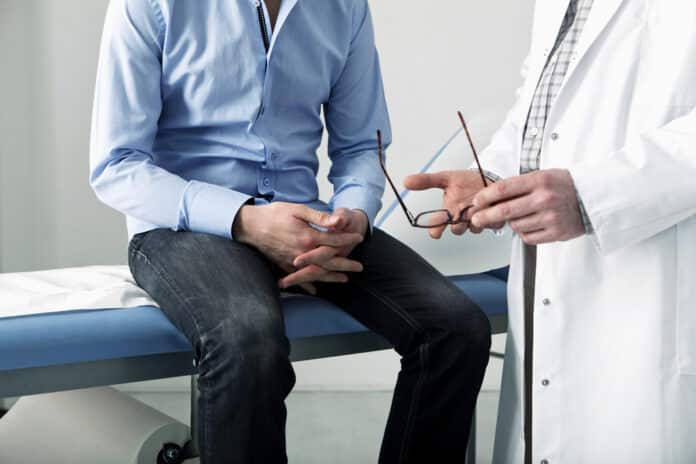
The challenges associated with cancer extend far beyond the more obvious physical symptoms.
The disease’s impact permeates every aspect of a patient’s life, from physical health to mental and emotional well-being. The fear and anxiety that often accompany a diagnosis can be overwhelming, creating additional hurdles on the path to recovery.
And in many cases, those fears and worries begin long before a diagnosis is made—a persistent pain or an unusual symptom can easily trigger a cascade of concerns about the
possibility of cancer.
Recognizing Common Cancer Symptoms
There are many types of cancer, and each can present with a unique set of symptoms. However, some common warning signs might indicate the presence of cancer in the body. These can include:
● Unexplained weight loss
● Persistent fatigue
● Pain that does not go away
● Changes in the skin, such as yellowing or darkening
● Changes in moles, warts, or freckles
● Unusual bleeding or discharge
● Difficulty swallowing or chronic indigestion
● Persistent cough or hoarseness
Our bodies are complex systems, and many conditions, often far less severe, can produce symptoms that mimic those of cancer. So if you’re experiencing any of these symptoms, it
doesn’t necessarily mean you have cancer. But it’s crucial to take your concerns seriously and seek medical advice.
When Should You Be Concerned?
It’s natural to worry when you experience symptoms that could be indicative of cancer. However, it’s important to remember that many of these symptoms can also be caused by other, less severe health issues. The key is to pay attention to your body and be proactive in seeking medical advice when something feels off.
If you notice any of the following, see your healthcare provider as soon as possible:
● Symptoms that persist or worsen over time
● Multiple symptoms occurring simultaneously
● Symptoms that interfere with your daily activities
● A personal or family history of cancer
● Symptoms that don’t improve with conventional treatments
The Importance of Early Detection
Early detection of cancer is critical in increasing the chances of successful treatment and
improving long-term outcomes. Many cancers, when detected in their earliest stages, can be treated effectively and, in some cases, even cured.
Regular check-ups and screenings, such as mammograms for breast cancer, colonoscopies for colon cancer, and skin examinations for skin cancer, can be instrumental in detecting cancer early. Following the recommended screening guidelines for your age, gender, and risk factors can help you stay proactive in your fight against cancer.
Navigating Health Anxiety
You can find a balance between staying vigilant about your health and not letting health anxiety take over your life.
Here are some strategies to help you manage health anxiety while remaining proactive about your well-being:
● Educate Yourself: Learn about cancer symptoms, risk factors, and prevention methods to make informed decisions about your health. Knowledge is empowering and can help alleviate some of your fears.
● Communicate with Your Healthcare Provider: Establish an open and honest relationship with your healthcare provider. Share your concerns and ask questions to ensure you’re informed about your health status and any necessary actions.
● Focus on What You Can Control: While you cannot control every aspect of your health, you can control certain factors, such as maintaining a healthy lifestyle, eating well, exercising regularly, and getting recommended screenings.
● Practice Mindfulness: Anxiety can exacerbate physical symptoms, creating a cycle of worry. Mindfulness techniques, such as meditation and deep breathing exercises, can help you stay present and calm in the face of uncertainty.
● Seek Support: Connect with friends, family members, or support groups to share your experiences and feelings. Talking with others who have gone through similar situations can provide comfort and guidance.
Health anxiety is a normal human response to the uncertainty that comes with potential health issues. But don’t let this anxiety prevent you from taking care of yourself or seeking the help you need.
If you’re experiencing symptoms that worry you, make an appointment with your healthcare provider. It’s always better to err on the side of caution when it comes to your health.



















